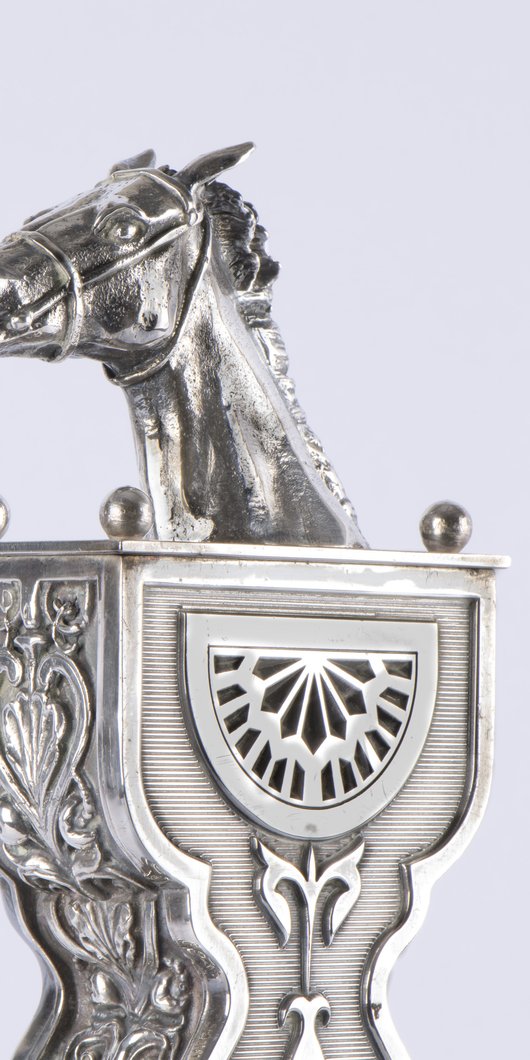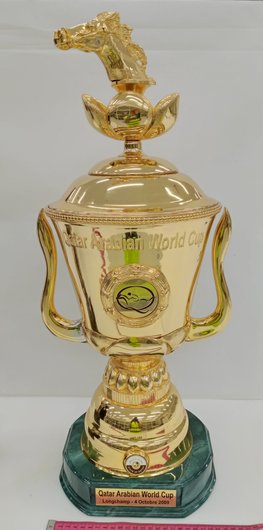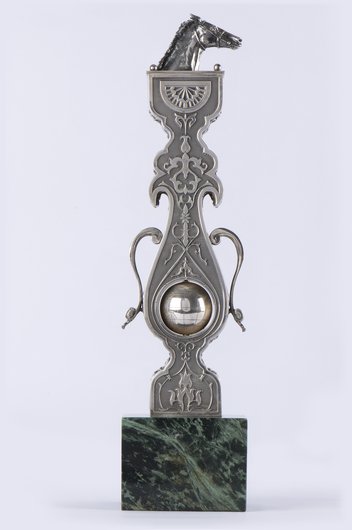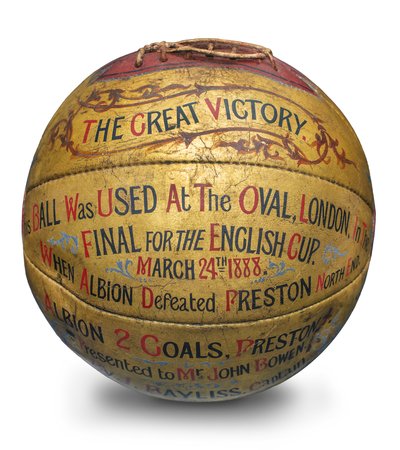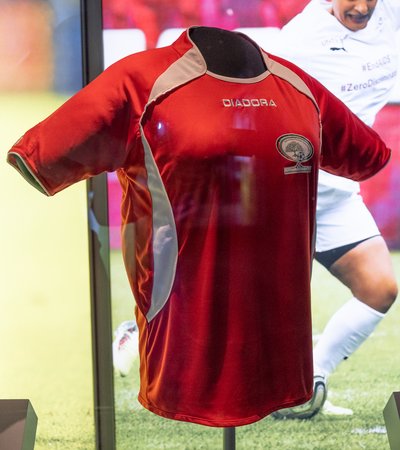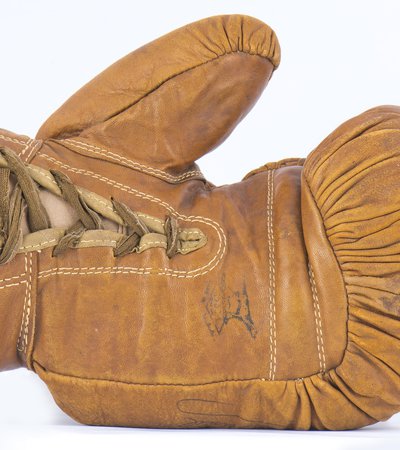Amid the Arabian Peninsula's sands, Qatar's traditional sports began. These old practices, tied to desert and sea life, have been part of wider North African and Middle Easter culture for thousands of years.
In the mid-1900s, the discovery of oil and gas brought new wealth and advanced technology, threatening old traditions, like using Arabian horses, camels, birds of prey and trained dogs for hunting, and dhow boats for fishing and pearling.
Once a protectorate under Great Britain, Qatar gained independence in 1971, and efforts to revive these endangered traditions began. The ruling family, led by HH Sheikh Khalifa Bin Hamad Al Thani, who was Heir Apparent and Prime Minister at the time, played a major role in this cultural revival, ensuring that these old customs were not lost.
Through exhibitions and festivals, these traditions are now celebrated regularly, attracting fans regionally and worldwide.
In 1975, the Qatar Racing and Equestrian Club (QREC) was established by official decree. A centre for thoroughbred and purebred Arabian horse races and shows, the club focuses on promoting good practices in horse care, training and breeding to ensure that the legacy of the Arabian horse continues.
A notable achievement in the world of Arabian horse racing is the Arabian World Cup, a prestigious race held in Longchamp, France. The 2,000-metre race is reserved for purebred Arabian horses. In 2009 and 2010, Neil Callan won the Arabian World Cup riding 'General,' a horse owned by Sheikh Abdulla Bin Khalifah Al Thani and bred in Umm Qarn village, north of Doha. 'General' became the most successful horse in this esteemed race, highlighting the excellence and prominence of Qatari-bred Arabian horses on the global stage.
Reviving traditional sports in Qatar is not just about honouring the past; it is also about celebrating the present and inspiring the future. By preserving these old practices, Qatar shows pride in its culture and a strong connection to its roots. As these sports become more professional and continue to gain global attention, they highlight Qatar’s unique heritage and its ability to balance old traditions with modern life.
Today in Qatar, the sounds of galloping horses and racing camels and the flutter of keen-eyed falcons can still be heard. These sports, deeply rooted in the nation’s culture, continue to captivate and inspire people. Thanks to the dedication of individuals and organisations, Qatar’s traditional sports have not only survived but have also thrived, keeping the spirit of the Arabian Peninsula alive for future generations.
The Arabian World Cup trophies from 2009 and 2010, displayed proudly at the 3-2-1 Qatar Olympic and Sports Museum, symbolise this achievement and the rich heritage of Arabian horse racing. They serve as a reminder of Qatar's commitment to preserving its traditions while excelling in the modern world of sports.
Plan your visit to QOSM to see these special relics and other fascinating objects from the world of sport.
